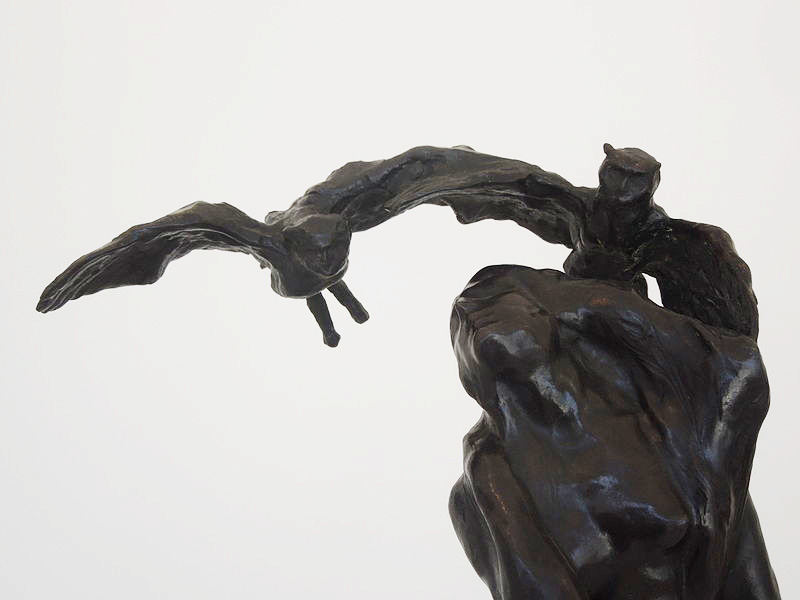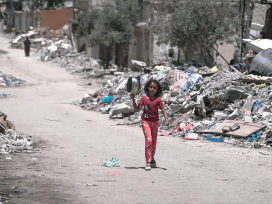It is difficult to follow the recent events in Israel – the latest salvo of cascading violence in a war that has lasted for over seven decades, sometimes raging, sometimes simmering, always present – without a sense of growing despair.
At the time of writing, the Israel Defense Forces are poised to invade north Gaza, fault lines of latent conflict are fissuring throughout the region, and the already thousands of dead increasingly appear to be but a preamble to an even greater tragedy.
The case for de-escalation is depressingly simple. Escalation is a fundamental feature of any war, but it should not be taken to be some determining factor rigidly fixing a causal chain of events. Violence has no intrinsic logic, it dictates no necessity; this means that any given escalation of violence, as Carl von Clausewitz argued, is at its root a question of politics. We enter wars for political reasons, and we only resolve them with political means.
Wars become more prolonged and destructive, more senseless and debilitating, the more distorted the political situation becomes – choking off possible alternatives to simply prolonging the violence, and with that giving war the deceptive air of necessity.

Bohumil Kafka, ‘Sleepwalker’, 1906, National Gallery Prague. Source: Wikimedia Commons
This I take to be the situation in Palestine: the all-too-long impasse of the two-state solution, coupled with internal divisions that have progressively weakened the polities of both Palestinians and Israelis, have led to a situation in which the extremes increasingly prevail, taking these two ancient peoples further down the road of a war without end.
Again, this is due not to any intrinsic logic of violence, but solely to the dynamics of an increasingly degraded political situation. When Anwar Sadat was assassinated in 1981, the peace with Egypt held, indicating a political resilience of the moderate that has been increasingly on the wane since Yitzak Rabin was gunned down in 1995, and now appears to be all but eliminated.
None of this argues decisively against the simple case for de-escalation: fundamentally change the political dynamic by refusing to escalate the violence, and use that refusal as a springboard to create conditions to dampen the influence of the extremes. Once more moderate heads again prevail, pursue a lasting peace based on fundamental principles of human dignity, and refuse any political veto power to the terrorist.
There is no decisive political argument – and for sure not an even half decent military argument – that the only way to respond to the massacre of civilians is to engage in urban combat with a finite group of militants perfectly willing to use the very people they are supposedly fighting for as human shields. This is as absurd as the proposition that the only meaningful way to address the sufferings of the Palestinian people is the massacre of Israeli citizens. The political situation in the wake of either action does not fundamentally change, the war will always go on, and the only benefits one could ever hope to harvest are the empty satisfactions of vengeance – satisfactions that I have always found morally abhorrent.
Yet the simple, the obvious, is often the first casualty of the distorted politics of war, with its corrosive mobilization of hatred.
My deepest fear – and not only for Israel and Palestine, but for many other parts of the world where political responsibility is being undermined by the narcotics of outrage and resentment – is that our political life is currently locked in a downward spiral thanks to which options appear to be more and more restricted, more and more bound to the non-solutions of perpetual conflict.
We are once again proving ourselves to be the dupes of violence, despite all the legacies of a history in which we have time and again sleepwalked into collective catastrophe.
18 October 2023







